The IFA’s chief economist Tadhg Buckley said it was a “hard decision” for the IFA to rule out campaigning for coupled payments for the suckler and sheep sectors in the next CAP.
He told last week’s online Connacht IFA meeting that while coupled payments would be a great way of putting funds into one or two sectors, funds would have to be taken off non-drystock farmers.
“We looked at it and on balance we weighed it up,” he said, citing the tillage sector as an example and said tillage farmers are hugely vulnerable too.
“If we were to couple, they would take a huge hit. So we said OK, and we put those options in front of our project team and we took a decision and we brought that to council,” he said, adding that the IFA said a better method to get funding was to go through Pillar II and the carbon tax funding.
“It’s a hard decision and it’s difficult because you are trying to do the best thing which you feel is the best thing for our 72,000 members,” he said.
‘Fleeced’
Buckley was responding to a question from Mayo farmer Michael O’Dowd, who said that suckler and sheep farmers had been “fleeced” over the years.
“It’s time to put something constructive in there in Pillar I and actually deliver some funds to farmers that have been crying out for it for a generation,” O’Dowd said.
IFA president Tim Cullinan said that the IFA did look at coupled payments.
“We looked at the French option and we looked at all the other options that were there, but what’s the point in taking money out of one pocket and putting it into the other?” he said.
As the Irish Farmers Journal went to press on Wednesday, IFA hill chair Flor McCarthy wrote to IFA director general Damian McDonald requesting that chief economist Tadhg Buckley compile a report on “the draining of monies from the drystock sector to the dairy sector in CAP over the last 20 years” as a matter of urgency.




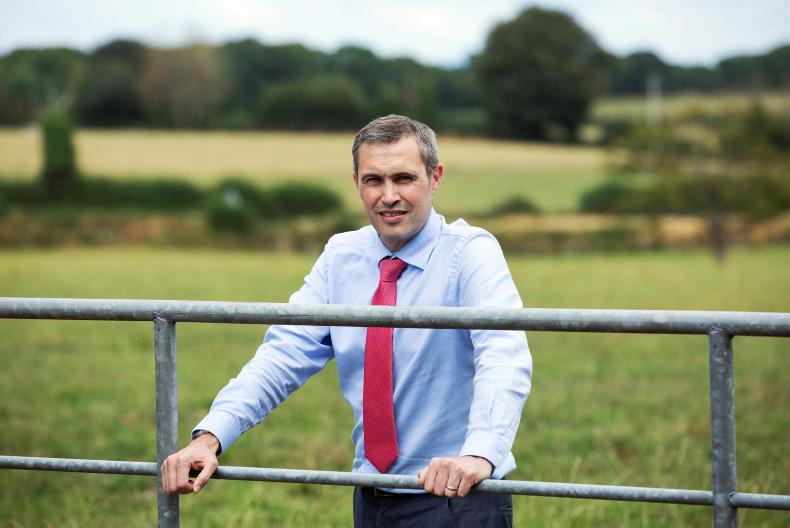
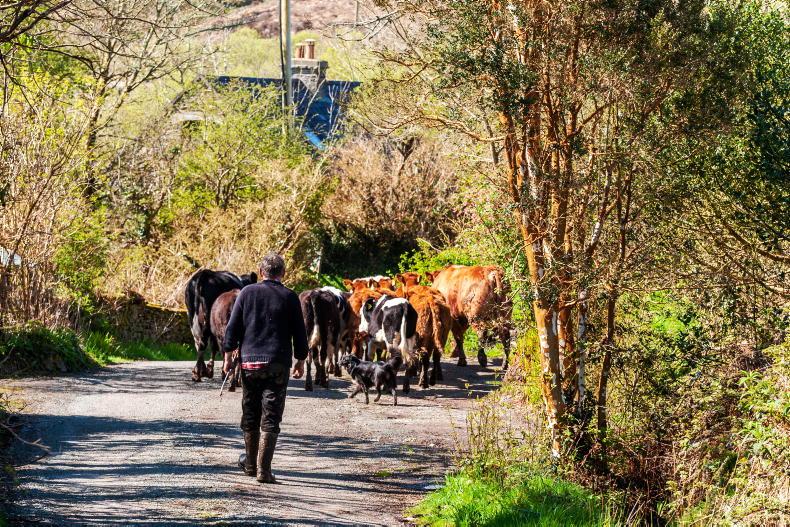

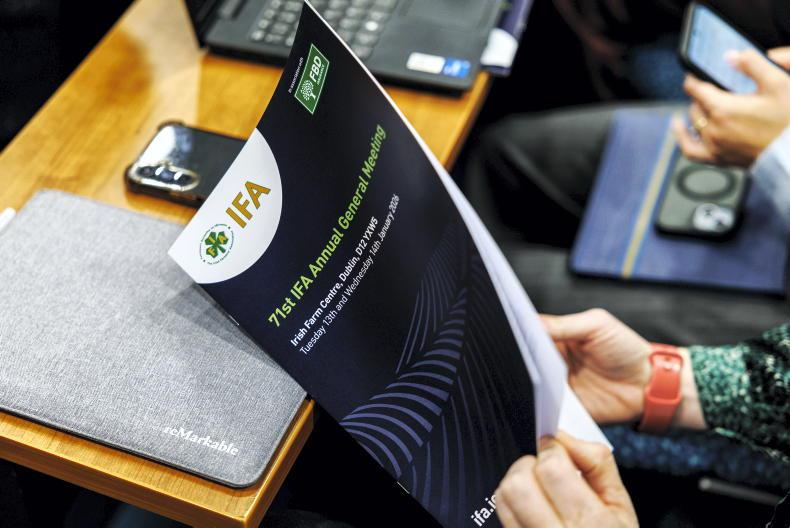
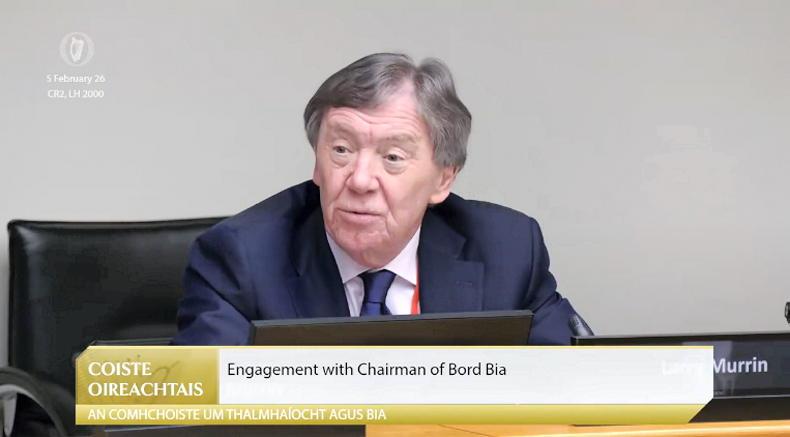
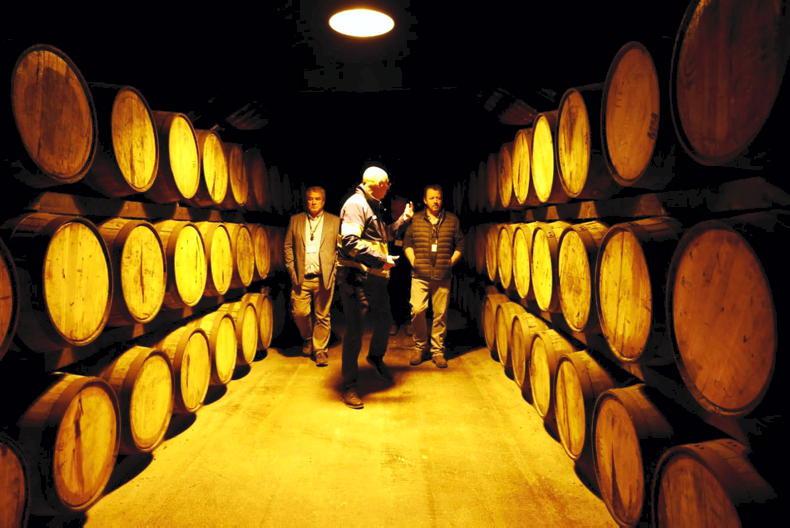
SHARING OPTIONS